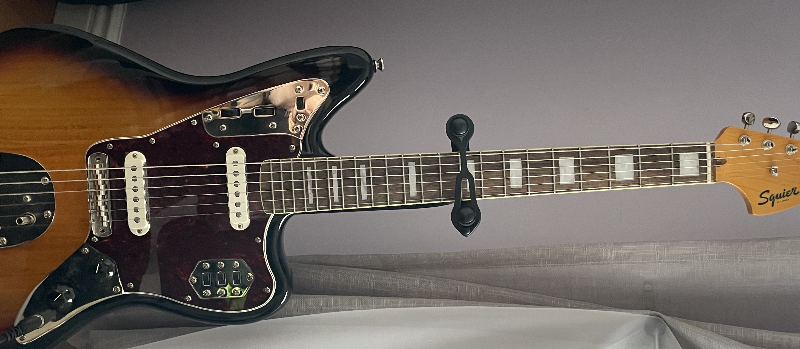Neurological & Psychological Science Behind Music
Throughout my life, I’ve always felt like something was missing. My life was bland and unfulfilling. Something itched inside of me that I couldn’t quite grasp. All of that went away when I began playing guitar and discovered the power of music. Listening to and playing music has helped me through a lot of hard times and helped my mental health. It changed my outlook on every aspect of my life and broadened my mindset on so many things. I’ve also found myself understanding intelligent, sensitive, deep concepts a lot more than before. My brain has become more open and I have become less ignorant. My confidence skyrocketed the moment I held my first guitar. With music blasting in my ears and a guitar in my hands, I feel unstoppable.
Music plays a big role in many people’s lives. By listening to songs, your brain releases dopamine, which is a neurotransmitter that brings pleasure, motivation, learning, and anything that emits positivity. According to the article, “How Music Causes Chills: Understanding Dopamine and Sound,” it states, “A 2011 study from Valerie Salimpoor and others looked at a group of people who reliably got musical chills and asked them to make a playlist of their favorite songs of any style. These people listened to the tracks while scientists monitored their brain activity. They found that music triggers the release of a chemical called dopamine in a part of the brain called the striatum. Evolutionarily, this is a really old part of the brain associated with responses to stuff that make you feel good.” Dopamine is crucial in order for people to stay happy. Music could be a natural and healthy way of receiving essential pleasure.
Playing music and instruments are very beneficial and important for the brain, especially a child’s, to develop health and strength. In the article, “Instruments of Knowledge: Music and the Brain,” written by Anna R. Stoklosa, it says, “Playing a musical instrument has been shown to increase cognitive ability through enhanced neuronal communication between the left and right hemispheres of the brain, resulting in positive effects on learning, memory, fine motor skills, verbal and non-verbal reasoning, resulting in an overall more capable brain to apply in a multitude of settings.” Instruments are incredibly crucial if one wishes to become progressively more intelligent and expand brain growth.
Similar to art, music is very important and should be incorporated somehow into everyone’s life, whether that is listening to music, dancing, singing, or playing an instrument. It brings so much joy, intelligence, and could even be medicinal. Music is also great because there are different genres, therefore, people can listen to whatever they prefer. Junior Katerina Romanides said, “I really find myself in a lot of artists. I find that they relate to me on a different level and certain lyrics help me get through things and make me feel less alone. For example, Olivia Rodrigo’s ‘GUTS’ album really encapsulates the feeling inside me of being a young girl trying to make it into society. She is angry, she is sad, she’s happy, and has every emotion. I find myself in her and her music helps me.” Music is so powerful that people use it therapeutically in order to feel comfort and pleasure from how much they relate to the song and artist.
Though it is hard to believe that, some people don’t like to listen to music or they don’t have time or the pleasure to play an instrument. It wouldn’t be realistic to assume that everyone enjoys music, however, there are plenty of alternatives to this problem. Instead of listening to music or playing an instrument, people can try singing, dancing, or musical theater. These activities incorporate music instead of having to listen to it directly, therefore, the dopamine is still being released in the brain and it continues to benefit. In the article, “Singing Changes Your Brain,” written by Stacy Horn, it states, “The elation may come from endorphins, a hormone released by singing, which is associated with feelings of pleasure. Or it might be from oxytocin, another hormone released during singing, which has been found to alleviate anxiety and stress.” It was found that every single activity that involved music had a positive impact on the brain, whether it was pleasure or gain of intelligence.
In conclusion, playing instruments and music in general should be incorporated into people’s lives in some shape or form. It is excellent for mental health, brain development, and could also be therapeutic. People sometimes relate to the artist or songs, which makes them feel less alone and better understood, therefore, gain comfort and pleasure. Music releases dopamine in the brain that brings positive impacts, such as happiness, which helps people cope with stress, depression, and anxiety. Particularly playing instruments have been proven to enhance intelligence in many people’s brains.

